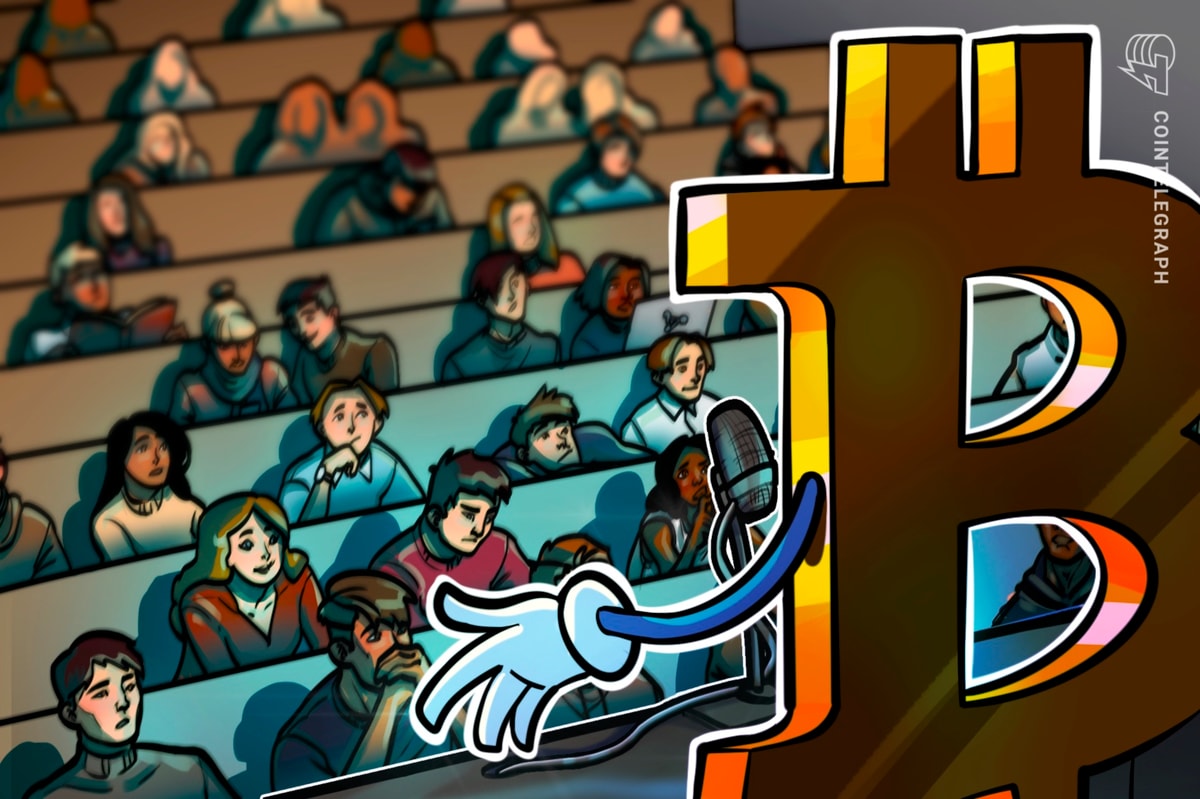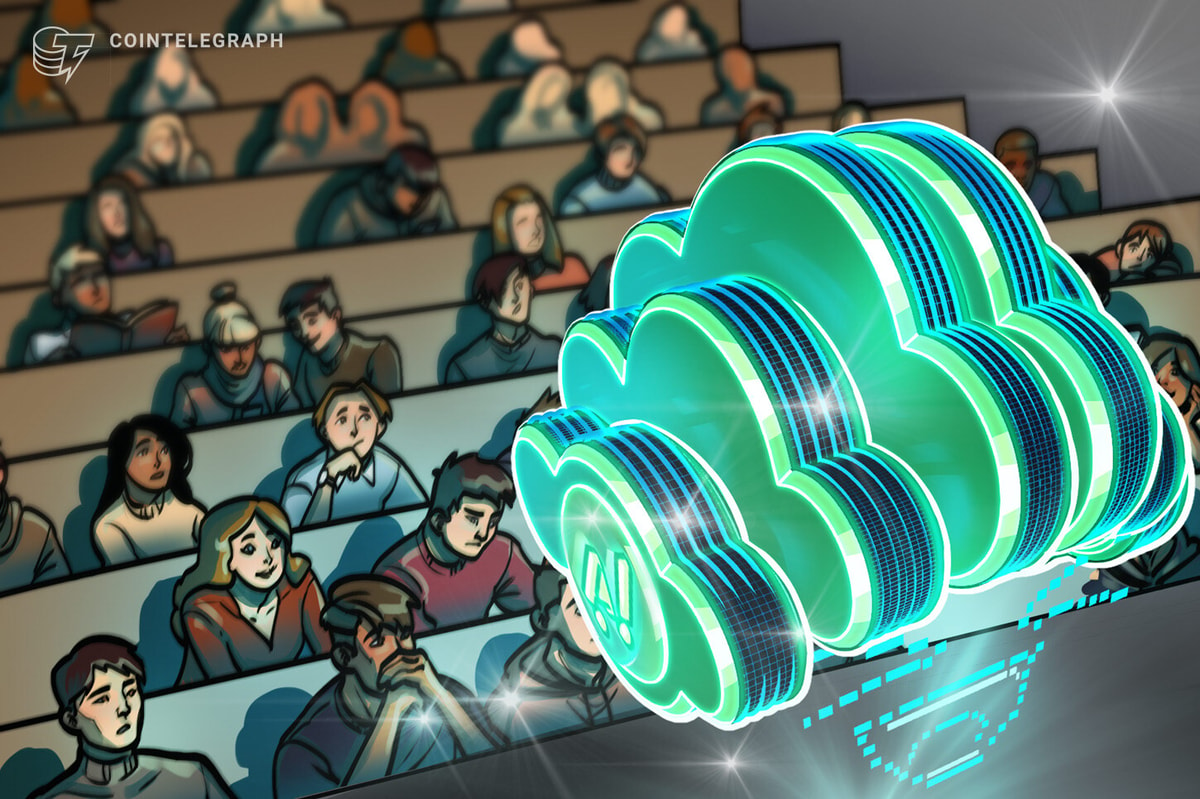“Real knowledge is to know the extent of one’s ignorance.” - Confucius
Previous articles talked about Bitcoin and the cognitive biases that lead to misconceptions about Bitcoin.
Backing up a bit, we can look at the knowledge, or ignorance that contributes to these misconceptions.
It’s important to understand a bit more about ignorance so that we can understand the differences in some of the ignorant narratives around Bitcoin.
Most importantly, we need to understand that some narratives are from a situation of really not knowing, and some narratives are intentionally deceptive.
These narratives are perpetuating ignorance.
Have you heard of agnotology? Agnotology is the study of deliberate, culturally-induced ignorance or doubt.
A book called “Agnotology; The Making And Unmaking Of Ignorance” by Robert Proctor sheds a lot of light on the subject.
The word “ignorance” has some pretty negative associations such as stupidity, narrowness, and willful denial of facts.
In reality, there are different flavors of ignorance and they can be on a continuum of positive to neutral to negative.
Proctor divides ignorance into three main areas:
- Something you just haven’t learned yet. Think of how much children don’t know, or how much more you know now than you did five years ago.
- Something that is the result of passive selection or culture or geography. You know this area well, but you don’t know that area well. A common example is the area of your occupation versus the area of a different occupation.
- Something you are manipulated into knowing as true or not true. The facts may be the opposite of the “knowledge” resulting from that manipulation.
Most people who know even a bit about Bitcoin are NOT ignorant about some of the directions I am going with this.
Ignorance Of What You Have Not Learned Yet
This ignorance can be the motivation to learn more as we mature. This type of ignorance is what fuels personal and institutional learning, research, and innovation.
For many, Bitcoin is something they have not learned about yet.
There are a variety of learning styles, so to educate everybody, many different educational paths and time preferences are needed. The group who hasn’t learned yet runs the gamut of ages, life situations, work situations, available time, energy, and capabilities for learning.
There are many who have this type of ignorance about Bitcoin due to the characteristics of their life situation.
Ignorance By Selection
If you work in one field, you might not learn about a different field due to the time required to become an expert or worker in that field.
Maybe you operate within one financial system and you haven’t learned about alternative ones.
Or when you do learn about something, you stick to something that confirms your existing beliefs, is within your biases, and therefore comfortable.
Most people have grown up and been taught to operate within a particular financial genre.
There are many reasons for ignorance by selection and they range from factors like age to time factors to benign lack of exposure to belligerently not wanting to learn something new.
Let’s help people choose to learn more about Bitcoin.
Ignorance That Is Crafted
“It ain’t what you don’t know that gets you into trouble. It’s what you know for sure that just ain’t so.” – Mark Twain
Certain institutions have become quite effective at manufacturing ignorance.
I believe there are two areas where ignorance is crafted:
- The environment you grow up in, as you are mostly dependent on others and the educational system.
- Actual propaganda and manipulation of the narrative, aka spin, manipulated information that your mind trains and learns on.
I also believe that it is difficult to separate the two of these, since history and narrative is written by the victorious and the successful.
The term agnotology was invented by Proctor when a paper called the Smoking And Health Proposal was leaked to the public. The document described in detail how cigarette corporations were attempting to obfuscate research findings that cigarettes are carcinogenic.
The Greek word “agnosis” means “not knowing” and “ontology” means “nature,” so Proctor invented the term agnotology to mean the study of the nature of not knowing.
Proctor was inspired to study this area because he saw that a long-standing and very powerful industry was able to cast doubt around the health effects of tobacco.
Similarly, the long-standing and powerful central banking, financial institutions, and government industries craft ignorance in two ways:
- Narratives about monetary policy and “cooked” data about the reality of the economy.
- Narratives that cast doubt or fear around Bitcoin and its possible uses or consequences. These narratives use catchy negative phrases such as “shadowy supercoders” and pointing fingers on criminal usage or energy usage (while three other fingers point back at fiat-based crime and inflation).
People are attempting to document and counteract this constructed ignorance on Twitter and in articles for Bitcoin Magazine such as the FCA Influencer Program And Bitcoin article. Much of the negative Bitcoin and energy debate seems to be intentionally constructed ignorance.
One also needs to be careful not to do the same ignorance constructing around Bitcoin. For example:
- Bitcoin does not fix everything: It fixes the underlying money and thus fixes A LOT of things. I also believe Bitcoin will enable solutions for areas we don’t even know it will fix. However, Bitcoin will not fix everything.
- Destruction of fiat industries: A lot of the people Bitcoiners care about being truly hurt by inflation are the same lower-level workers at the companies that Bitcoin will demolish in the financial shift. There are people working at the Western Union desk in El Salvador and people working call lines for Visa. Many will be hurt in a similar fashion to the shutdowns that happened when manufacturing was outsourced overseas. Let’s not applaud and craft narratives with ignorance to the reality here.
Responses To Manufactured Ignorance
Understanding the different types of ignorance can help in crafting responses appropriately.
- Misconceptions Along With Openly-Curious Questions. Scout out where the misconception starts, including relevant cognitive biases, noise, narratives from authorities or media.
Use educational material with high-level analogies that the average person can relate to and understand. We should prioritize communicating effectively over parading our knowledge. Mission should trump ego.
If you can get people to start to comprehend, people will start down the rabbit hole and get to greater understanding.
- Heavily Authoritative Or Deceptively Part-True Statements: These sources are most likely dug into their views, and are intentionally creating ignorance.
Call them out, and combat the narratives intentionally and directly with facts that counteract.
This manufactured ignorance is intentional in order to maintain the legacy fiat product, system, and those who benefit from its continuation.
Don’t pull your factual punches.
Agnotology, or the making of ignorance, is a marketing strategy for many who use it.
This strategy is used to craft a message that distracts from the reality of the situation and what benefits certain interests.
It’s easier than fixing the problem or finding an alternative solution.
Like Bitcoin.
This is a guest post by Heidi Porter. Opinions expressed are entirely their own and do not necessarily reflect those of BTC, Inc. or Bitcoin Magazine.











